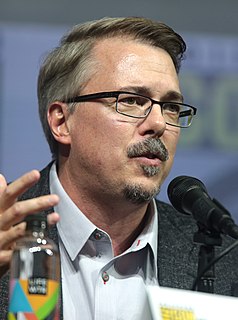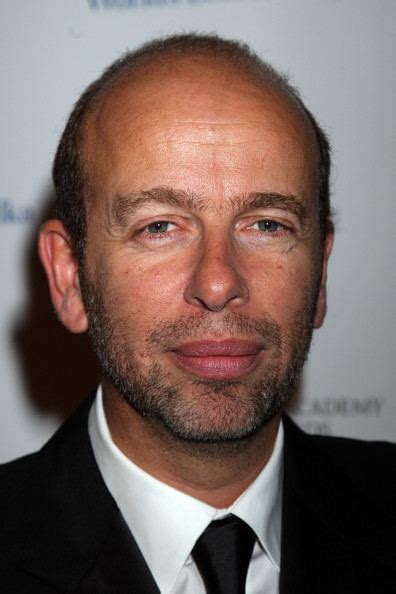A Quote by A. R. Rahman
The more dollars the studio producers put in, the less freedom we have. If the budget hits $100m, they get scared - they'll take the existing score of a successful movie and expect composers to copy it, like wallpaper. The biggest challenge for any composer in Hollywood is to be as creative as possible within those boundaries.
Related Quotes
When you raise the budget, you make creative compromises. The higher the budget goes, the more cuts in your movie happen. When people talk about how movies are watered down, that's a direct reflection of money and budget. The less money you spend; the more risks you can take. That doesn't mean it will be successful, but at least you can try different stuff. The higher your budget is, the less you can do that.
I don't know what the misconceptions are, but I approach a small budget, artsy, independent movie in the same way as a big budget, commercial Hollywood movie. I don't get into those [details]. I have to get into my character and I concentrate on that, on the story, on researching, and on certain training if I have to be prepared physically. I think that's the most important thing.
A budget is not an issue. I mean a budget is used if you need more weeks or more time or more elements, but the creative process is exactly the same. In some instances you become more of a boss when you are doing a small movie. So that is not so relevant. The only thing is that the bigger a movie is in terms of budget, is that there are more people giving opinions.
I am more scared now that I was at any point since I began trading, because I recognize how ephemeral success can be in this business. I know that to be successful, I have to be frightened. My biggest hits have always come after I have had a great period and I started to think that I knew something.
My teachers believe that the creative producer's job is to service the vision of the director, to stay within schedule and budget, and to get the studio what they need, but you work for the director to get their vision on the screen. That's not how everyone approaches producing, but it is certainly how directors like you to approach producing. How I was brought up is that my job is to help you make the movie you want to make.
Creative differences are legendary in this movie business, so we're really not exploring the creative-difference aspect as opposed to the money aspect, or the fact that something can come up in a movie and literally put the whole movie on the line, and this is where producers have to earn their keep.
When you're on a lower-budget film, with one guy who maybe has a camera strapped to him, you're a much bigger part of that pie. You can be a sliver in a big Hollywood movie, but you can be a quarter of that indie movie pie. And I feel like, first of all, there is a real freedom that you feel from that, because it's like, you know what, if this is terrible, nobody's gonna ever see it, so I can be more brave.
Television is a great job for a writer in the way that movies used to be, way before my time. Back when writers in Hollywood were on staff or under contract at any given studio and you'd write movie scripts and then the movies would get made within a few weeks, such that you could be a working writer in the movie business back in the '30s and '40s and '50s and have a hand in writing five or six movies a year that actually got produced. The only thing remotely like that in the 21st century here in Hollywood is working in the TV business.
People are piling into England, there's lots of studio films happening there. When we budget our films we multiply it by 1.55 it's much easier than when we multiply it by 2 so the cost looks a lot less in dollars, because everybody talks in dollars in terms of finance. And then the shift that I think is coming, I hope is coming, is movies made in a..."simple" is the wrong word, you visit movie sets all the time I imagine, the whole process has just got so big.




































